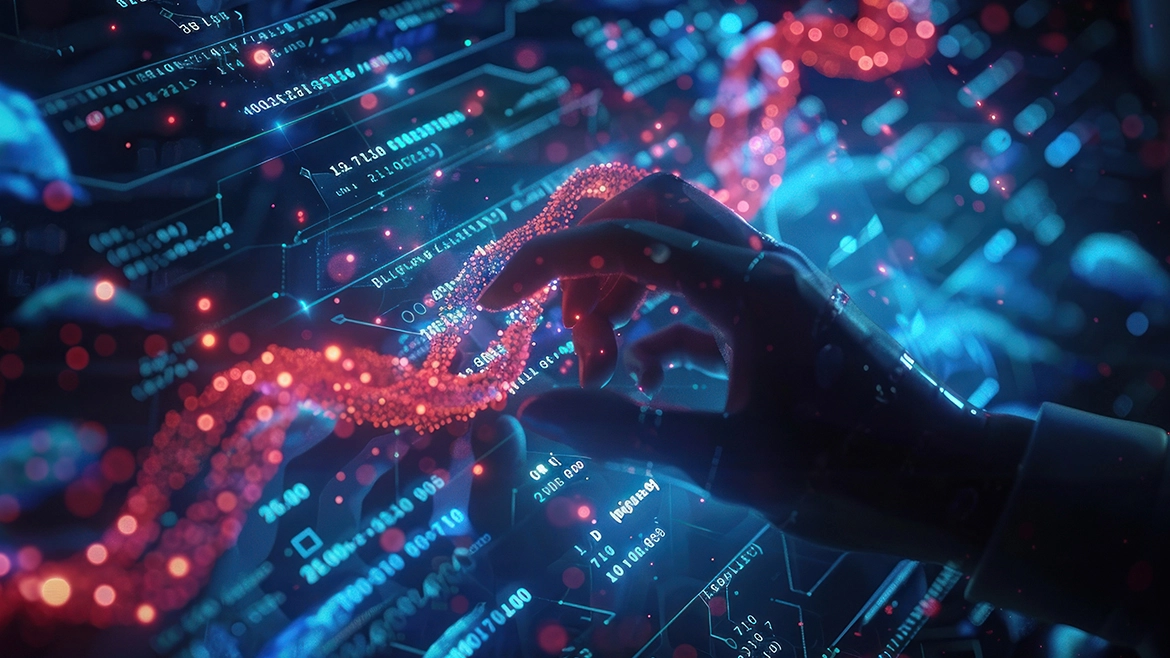Table of Contents
Synthetic biology, the science of redesigning organisms for useful purposes by engineering their DNA, is no longer confined to the laboratory. When paired with advancements in technology, it is redefining the boundaries of innovation, turning biology into a designable, programmable tool. The result? Life itself is becoming a product—adaptive, efficient, and tailored to solve real-world challenges.
What Is Synthetic Biology?
Synthetic biology combines biology, engineering, and computing to design and construct new biological systems. It allows scientists to program cells like computers, creating organisms that can perform specific tasks, from producing biofuels to detecting environmental toxins. This fusion of biology with technology is not just transformative—it’s revolutionary.
Engineering Life as a Product
- Custom-Built Organisms:Synthetic biology enables the creation of organisms with tailored functions. Bioengineered bacteria, for example, are being programmed to clean up oil spills, produce sustainable plastics, or deliver targeted cancer therapies within the human body.
- Biological Factories:Living systems can now replace traditional manufacturing processes. Engineered microbes are being used to produce pharmaceuticals, food ingredients, and even textiles, reducing waste and reliance on non-renewable resources.
- Programmable Agriculture:Synthetic biology is enhancing crop resilience by creating plants that adapt to droughts, pests, or climate changes. These innovations are ensuring food security while reducing environmental impact.
The Role of Technology
Advancements in computational tools, AI, and robotics are driving synthetic biology forward. AI accelerates the design of biological systems by analyzing massive genetic datasets, while robotics automates experiments at scale. Technologies like CRISPR gene editing and DNA synthesis make it possible to tweak organisms with precision, unlocking endless possibilities for life-engineered products.
Real-World Applications
- Healthcare: Personalized medicine is entering a new era with engineered cells that deliver therapies tailored to an individual’s genetic makeup.
- Energy: Synthetic microbes are producing biofuels, offering a sustainable alternative to fossil fuels.
- Sustainability: Living sensors detect pollutants in real-time, while biodegradable materials engineered at the cellular level reduce environmental waste.


